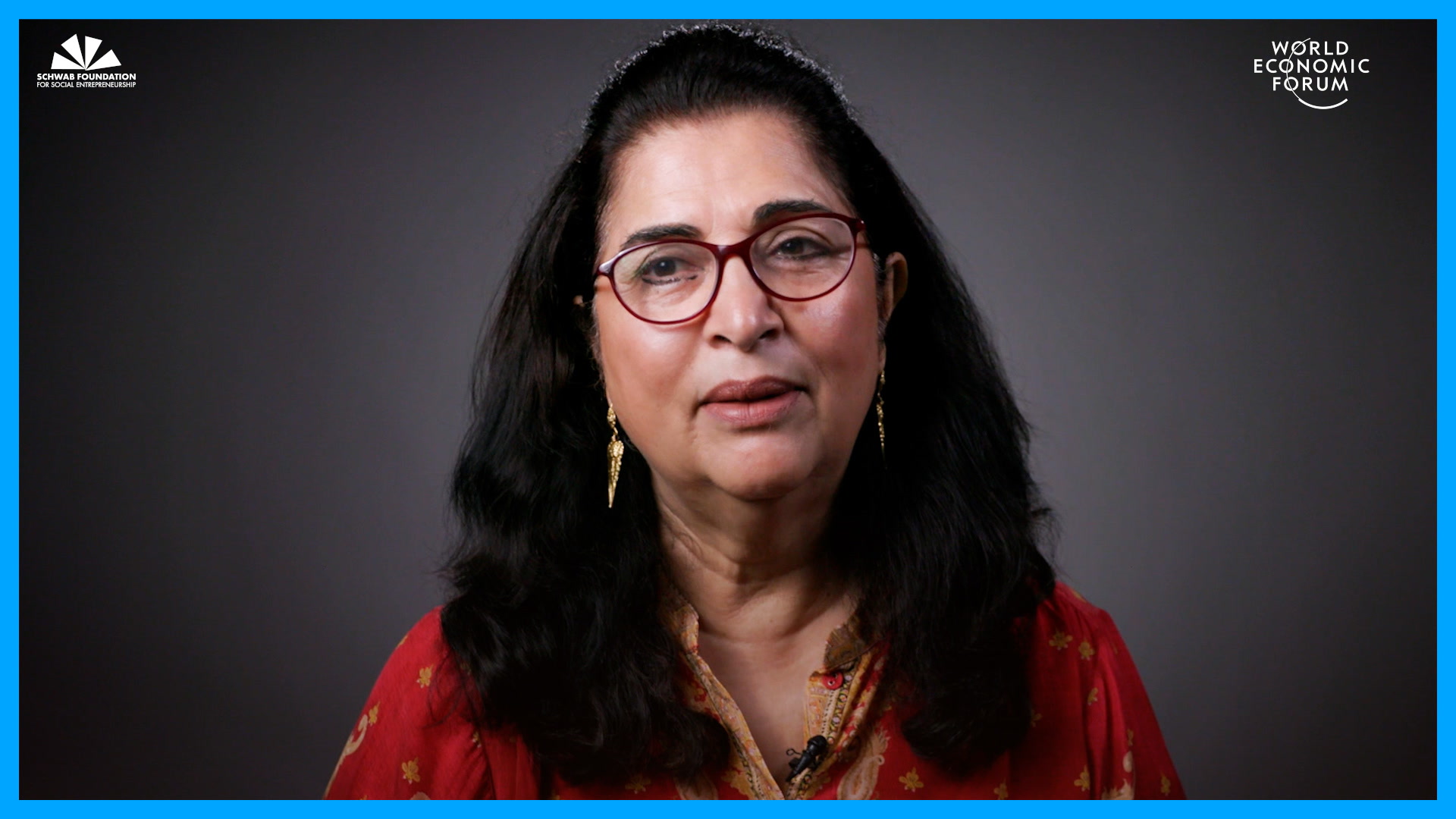
In 2020, the global workforce lost an equivalent of 255 million full-time jobs, an estimated $3.7 trillion in wages and 4.4% of global GDP, a staggering toll on lives and livelihoods. While vaccine rollout has begun and the growth outlook is predicted to improve, an even socio-economic recovery is far from certain.
The choices made by policymakers, business leaders, workers and learners today will shape societies for years to come. At this critical crossroads, leaders must consciously, proactively and urgently lay the foundations of a new social contract, rebuilding our economies so they provide opportunity for all.
In this context, the Forum remains committed to working with the public- and private sectors to provide better skills, jobs and education to 1 billion people by 2030 through initiatives to close the skills gap and prepare for the ongoing technological transformation of the future of work.

International Youth Day: It’s time to empower youth with skills for the future
To mark International Youth Day, the Global Shapers Community Annual Report outlines the progress young innovators and activists have made over the past year.

This family-run bookshop in India is opening a library for students – here’s why
Kolkata’s oldest bookshop has incorporated a free library for students who can’t afford books – particularly benefitting those from rural areas, says its owner.

Apprenticeships could change the way Americans work and learn
The gap between the skills employers need and those potential employees have is growing in the US. Apprenticeships could help bridge it.

UNESCO calls for a ban on phones in schools. Here's why
UNESCO says even having a mobile phone near a student can disrupt their concentration. Digital technology in education needs to be adopted with caution.

Kids' reading achievement is highest in these countries
The latest global reading report shows how the COVID-19 pandemic affected education and reading among children and reveals where to find the best young readers.

These are the world's best new universities
The Young University Rankings list the best global institutions under 50 years old, with Turkey, India and Iran all putting in a strong showing.

Why quality education is the foundation of entrepreneurship and economic growth
Education is the cornerstone of opportunity both for individuals and society, but today’s education system is not designed for tomorrow’s world. Here's how

Innovative Learning Solutions to Navigate Complexity: Adapting Systems Thinking to Future Classrooms
In an era defined by intricate challenges such as climate change, inequality and biodiversity loss, a systems perspective has become paramount. The interconnected nature of these issues d...

We must embed systems thinking in education. Here’s how
Traditional educational models are no longer sufficient to meet the demands of a dynamic global society. Instead, we need to help students develop systems thinking.

This viral reading initiative is getting kids into books
Could social media sites like TikTok boost reading among children? The number of books read by kids in the UK increased by almost a quarter last year.

How to bridge the demand gap for tech freelancers in developing economies
Demand is rising for tech freelancers in developing economies. But more investment is needed to equip freelancing workers with digital skills and widen internet access.
